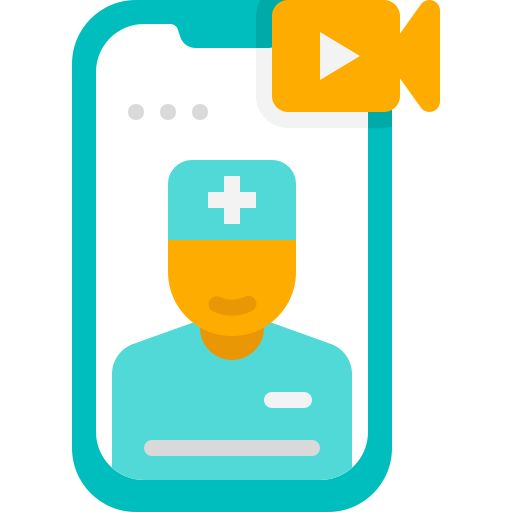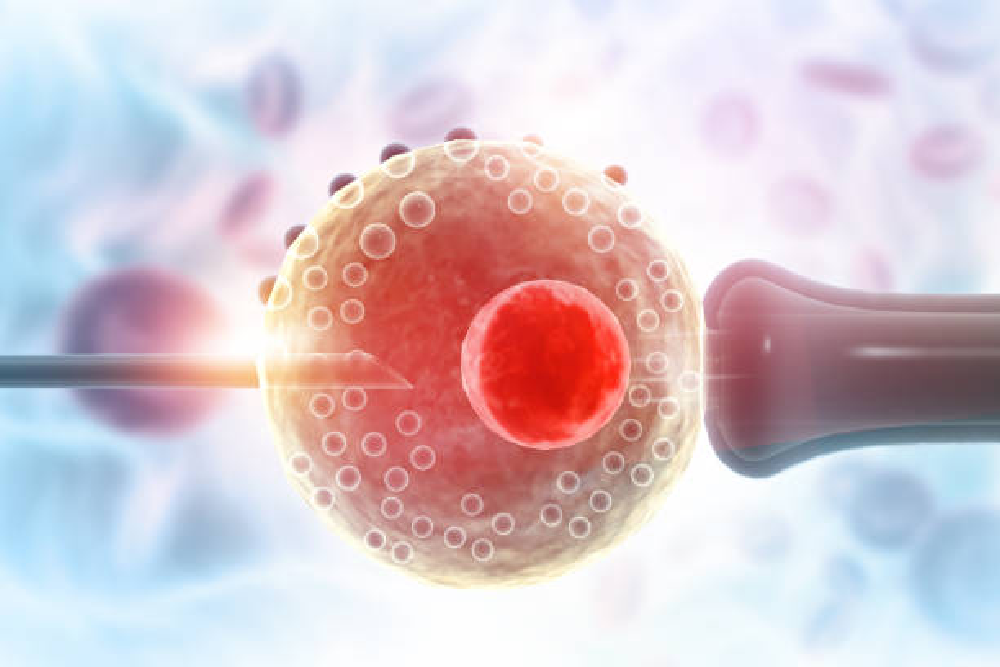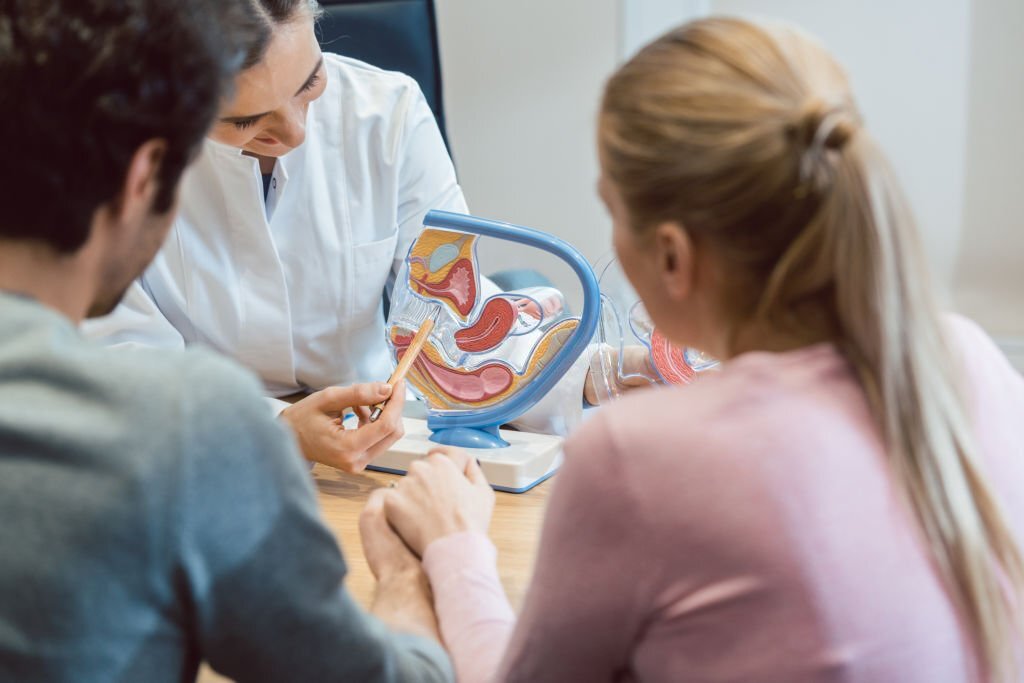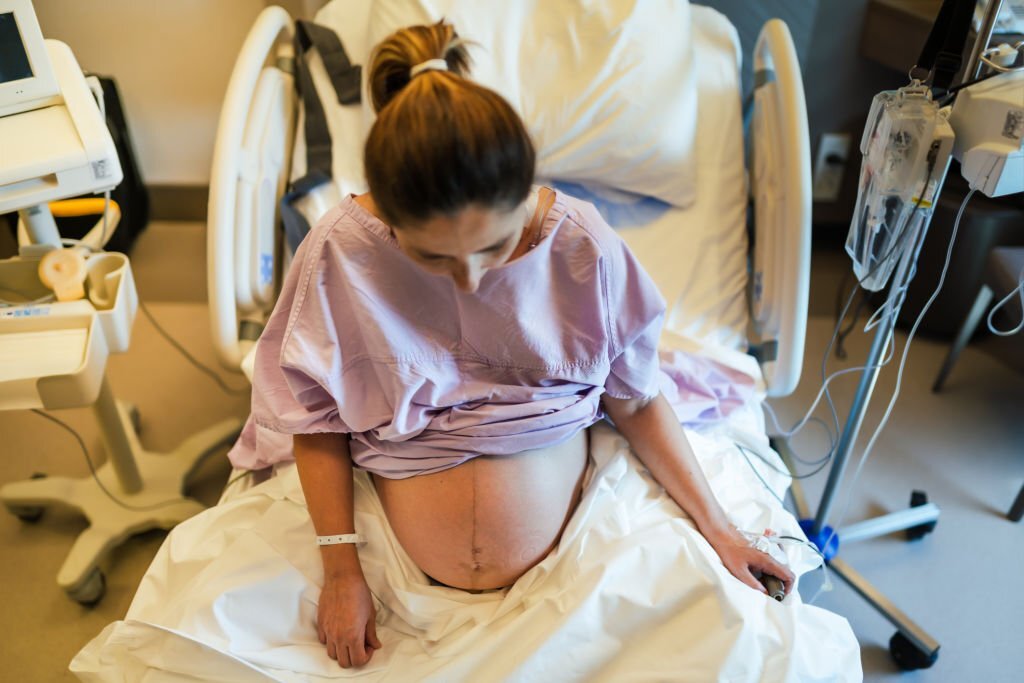Breast Feeding Hospitals

Why WeNeed More ‘Breastfeeding Friendly’ Hospitals
Until about a couple of decades back, most people lived in joint families. In-laws, parents, uncles, aunts, cousins – a young couple was surrounded by people of varied ages. One of the benefits of a joint family was the collective wisdom that young women benefited from, especially after giving birth. The older women were on hand to assist and help the new mom, especially with breastfeeding the new-born.
A new mother may feel nervous about nursing the baby, especially if it is her first child. So, she needs guidance on how to carry and hold the baby properly to enable skin-to-skin contact. If this is done within the first hour after giving birth (known as the ‘golden hour’), it helps the baby to latch on faster, enables the mother to lactate more easily and strengthens the bond between mom and baby.
With time, as joint families gave way to nuclear families, the support structure became smaller. In some cases, the parents or in-laws are in a different city or are unable to be present during the delivery. Thus, it falls to the team of doctors to help the mother.
However, many hospitals do not have strong support structures to help a new mother in this regard. According to the National Family Health Survey (NFHS), in 2019-21, around 58% of new mothers were not enabled to breastfeed within one hour of giving birth.
What are some reasons why fewer mothers are breastfeeding immediately after birth?
One key reason is the rise in Caesareans or C-section deliveries. The World Health Organisation(WHO) recommends that only 10% to 20% of all deliveries should be via C-section, and only when there is a clear indication to warrant one.
In India, around 40% to 50% of deliveries are via C-section.
In most cases, mothers who give birth via C-section are very exhausted, in pain and unable to sit up. Hence, out of consideration for their comfort, the doctor may recommend the use of formula for the baby immediately after birth. If some cases, especially if the mother takes a longer time to recover, the baby might receive more formula than breastmilk as part of its feeding routine.
Can we reverse this situation?
Yes, we can. Whether the mother has a normal delivery or C-section, the important thing is to initiate breastfeeding at the right time and help the mother and baby get into a steady rhythm of feeding.
To encourage “breastfeeding friendly” practices, the Breastfeeding Promotion Network of India (BPNI) instituted the “Breastfeeding Friendly Hospital” accreditation.
What is a “Breastfeeding Friendly Hospital”?
In 1991, the World Health Organization (WHO) launched the “Baby-friendly Hospital Initiative” or BFHI,based on the “Ten Steps to Successful Breastfeeding”. This was aimed at improving breastfeeding practices in the hospitals with maternity services. These include having a breastfeeding policy that is communicated to all healthcarestaff, training the healthcare staff in skills necessary to implement the policy, informing all pregnant patients about the benefits of breastfeeding, helping mothers to initiate breastfeeding immediately after birth, showing mothers how to breastfeed, and giving newborns no food or drink other than breastmilk unless medically indicated.
In India, the Breastfeeding Promotion Network of India or BPNI (founded in 1991)andthe Association of Health Care Providers of India or AHPI launched the‘BFHI-India’ initiative for the accreditation of private hospitals with maternity services, to improve breastfeeding practices in health facilities.
Bloom Fertility & Multispeciality Hospital is the first healthcare facility in India to be accredited as a ‘Breastfeeding Friendly Hospital’ by the Breastfeeding Promotion Network of India (BPNI).
At Bloom, we assist new mothers to breastfeed the baby immediately after giving birth, and encourage and support them to continue breastfeeding after discharge as well.
One of the key steps we follow is to initiate skin-to-skin contact within the first hour of giving birth or the ‘golden hour’. If breastfeeding is initiated during the golden hour, the baby latches on more easily, the mother lactates more readily, and the bonding between mom and baby is much stronger. We also have a team of doctors and lactation experts to assist the mother even after being discharged from the hospital.
Most importantly, we wish to assure all moms-to-be and new moms that guidance and support is at hand when it comes to breastfeeding. No matter what your query, reach out to us – we are here to help!










